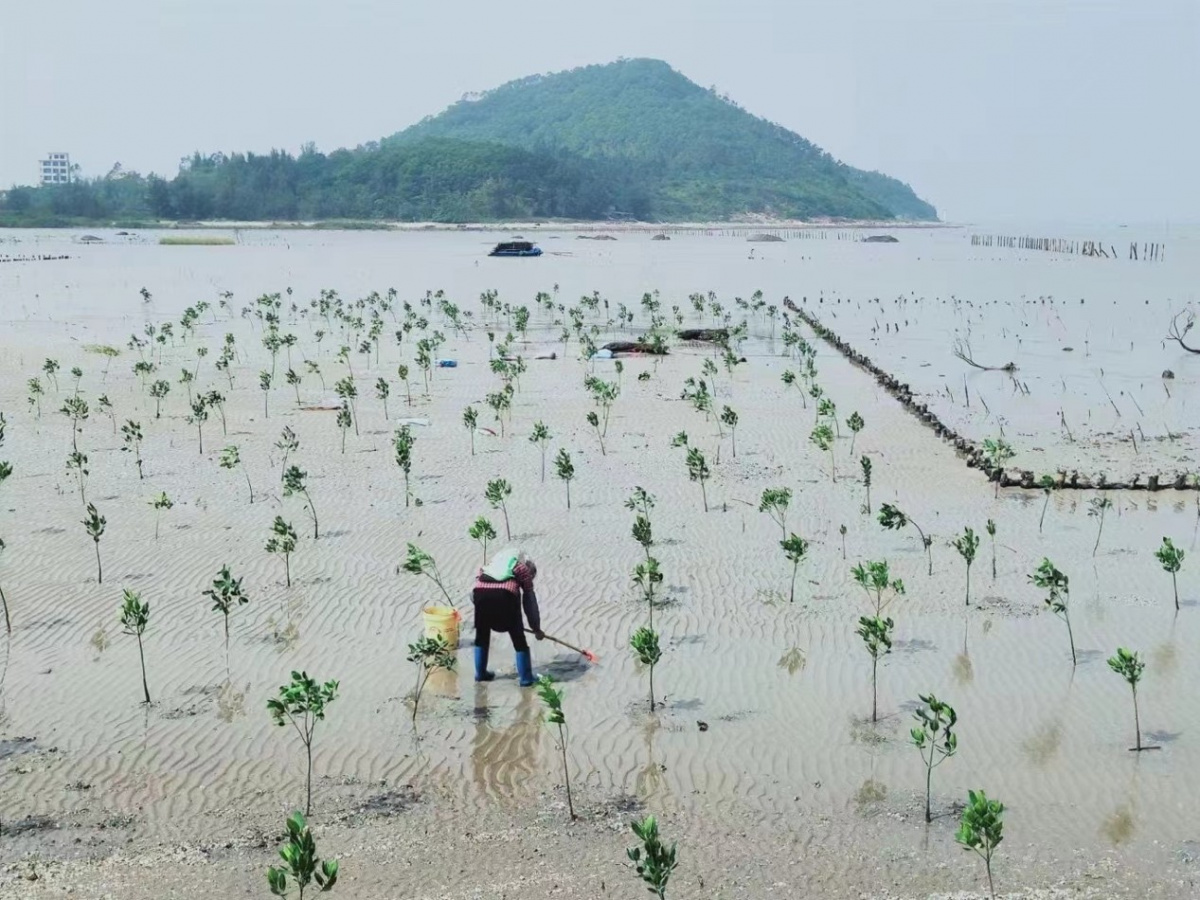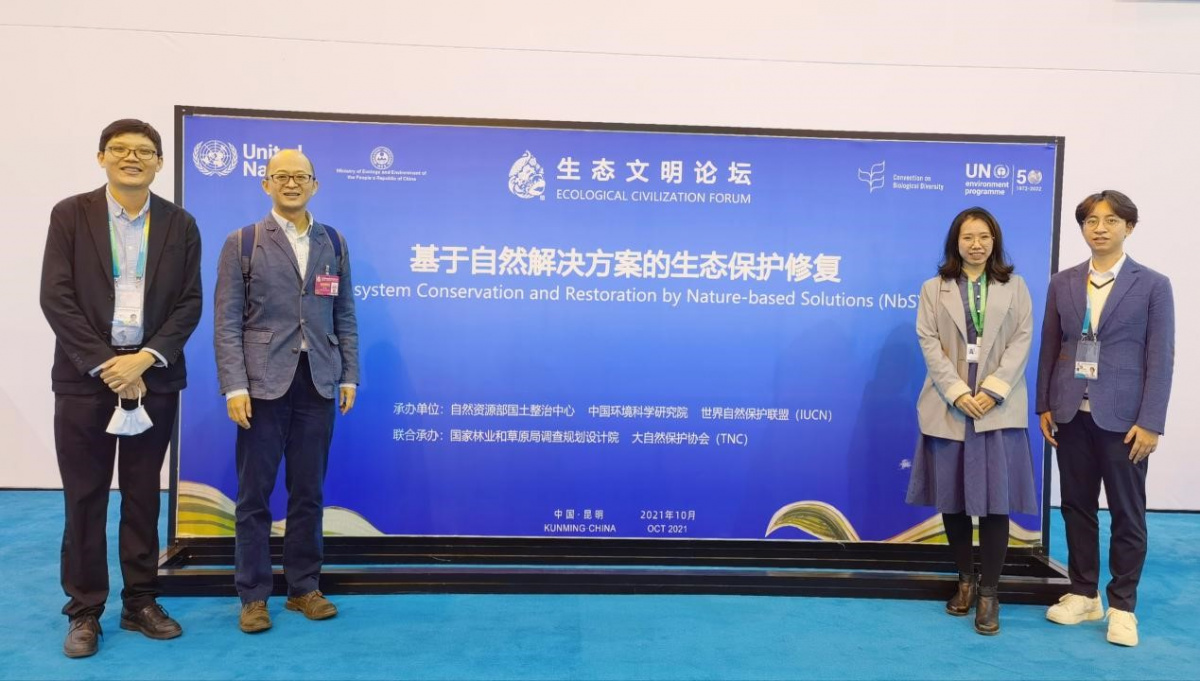Plant conservation progress in Asia
A new report from IUCN suggests that combining conservation, using plant diversity sustainably with a focus on poverty alleviation should be the future strategy for plant conservation in Asia. It emphasizes that the sustainable use of plants should be integrated in development plans, and climate change adaption and regional cooperation are also vital components for conserving plant diversity.
Compiled by botanists and conservationists in the region and beyond, the first Asian Plant Conservation Report examines recent conservation progress in Asia and offers suggestions on how to achieve plant conservation targets under the Global Strategy for Plant Conservation (GSPC) framework. The report is being launched at the 10th meeting of the Conference of the Parties to the Convention on Biological Diversity in Nagoya, Japan.
Asia is the birth place of tens of thousands of plant species and over 100 endemic families. Among the 34 international biodiversity hotspots, 10 are located in the region.
While Asian countries have accomplished a great deal in understanding and documenting plant diversity, rapid urbanization and growth is greatly threatening the plant diversity in the region.
Establishment of species conservation and protected areas management is one of the important ways to conserve plant diversity. Terrestrial protected areas have increased by over 40 percent in the past 20 years. In addition, the report reveals that 17 countries have established plant conservation mechanism in production lands, 23 have management policies to conserve socio-economically valuable plant species such as crops and medicinal plants, and almost all Asian countries have policies in alien species management.
“This is the first attempt to assess progress of GSPC implementation in Asia,” says Dr. Ma Keping, IUCN Councillor. “Case studies included in this report provide an excellent overview on interesting plant conservation tools and practices that exist in different parts of Asia.”
“Asia is highly rich in biodiversity and therefore conservation in Asia has a significant impact on the status of global biodiversity,” says Aban Kabraji Marker, Director of IUCN Asia. “Conservation is a complex issue, especially in Asia where poverty and dependence on natural resources is very high. Partnership among states, institutions and communities is required for translating policies into actions and actions into real outcomes.”
“This incredible effort from Asia has demonstrated the strength of setting targets for conservation,” says Jane Smart, Director, IUCN Biodiversity Conservation Group. “Much more has been achieved than would have been the case without such targets in place. IUCN now calls on this important work to be ‘brought to life’ to inspire governments and civil society across the region to do more for plants – the basis of all life on earth.”
Editor’s notes:
Global Strategy for Plant Conservation (GSPC) is a series of plant protection measures, proposed under the framework of the Convention on Biological Diversity. The purpose is to halt the continuing loss of plant diversity, and also to contribute to poverty reduction and sustainable development.
This report is a collaborative work led by Councillor Dr. Ma Keping, former director of the Institute of Botany, the Chinese Academy of Sciences and IUCN Asia Regional Office.
For more information or to set up interviews, please contact:
Nicki Chadwick, IUCN Media Relations Officer, IUCN, m +41 79 528 3486 (Switzerland), +81 80 3462 3552 (Japan), e nicki.chadwick@iucn.org
Ms. Lap Li, Communications and Constituency Officer, IUCN China, t +86 10 8532 4332, m +86 186 112 11110, e lap.li@iucn.org








